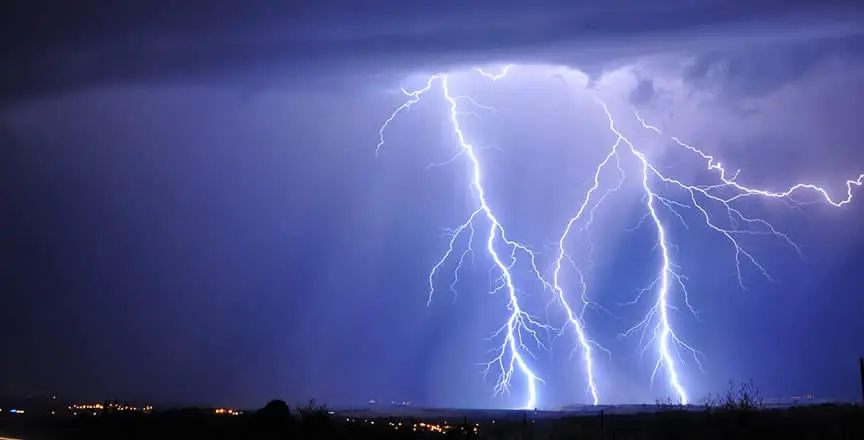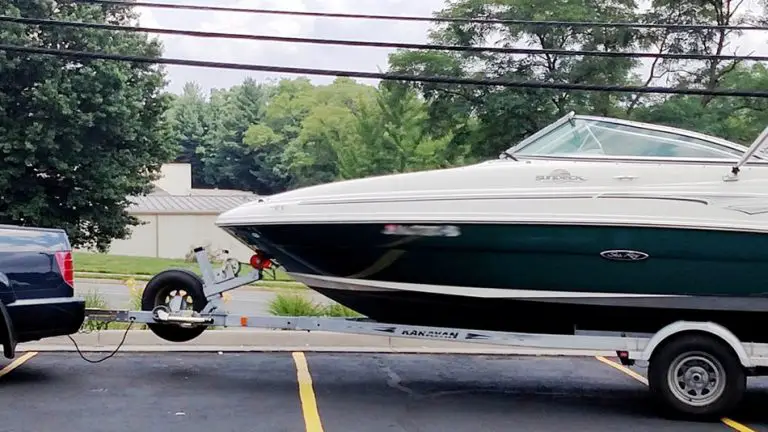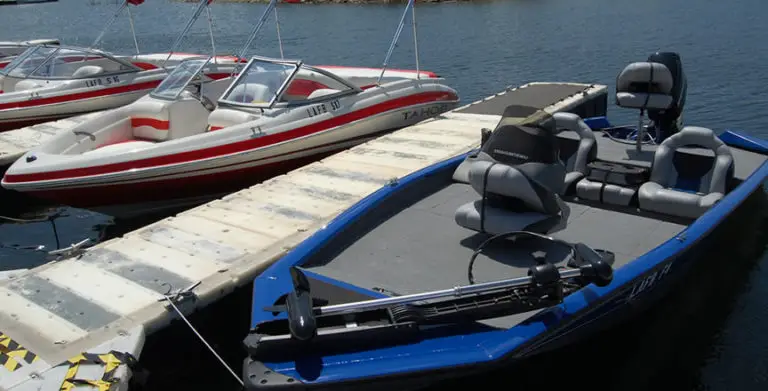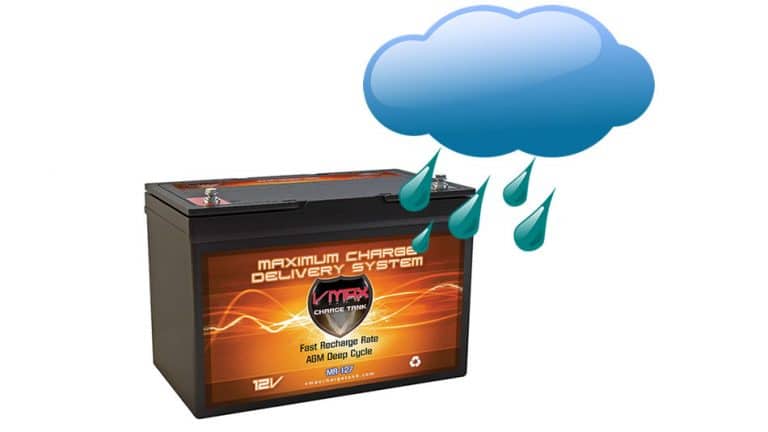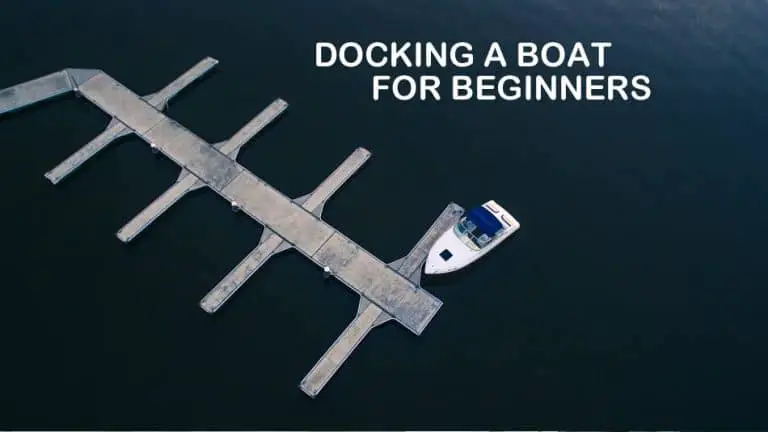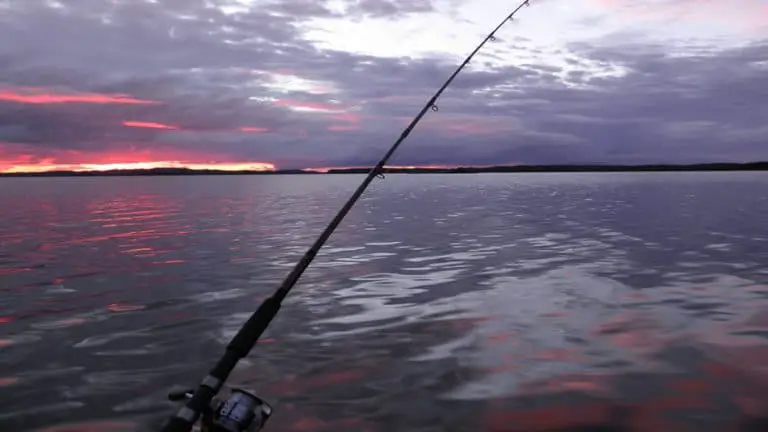Boats and Lightning, What You Should Know
The answer is a big YES, boats do get struck by lightning. However, they say the odds of your boat getting struck by lightning during a thunderstorm are low. But I wouldn’t want to take those odds, because if lightning did strike your boat, it could have devastating effects.
How Likely Is My Boat To Be Struck By Lightning?
They say the odds of your boat getting struck by lightning are 1 in 1000, and depending on where you live this number could increase, especially if your area tends to get a lot of severe weather such as Florida. The majority of boats that get struck by lightning are sailboats, which doesn’t surprise me given the height of the mast.
Motorboats are also prone to be struck during a storm, but nowhere close to the number of times for sailboats. People assume that just because motorboats are much lower to the ground that they are not as at risk of getting struck. This assumption is correct in a way. If you have a motorboat surrounded by sailboats, then the chances of your motorboat getting struck are reduced significantly. But if you are out in the middle of the lake or sea all by yourself, then you could be at risk of getting stuck.
Noted accident reconstruction authority Robert Loeser said: “most all boaters killed by lightning are in open powerboats.”
What Do You Do If Your Boat Gets Struck By Lightning?

Even though you can’t see any damage visually, that doesn’t mean that when the lightning exited your boat hull that it didn’t create a little crack that’ll begin leaking and sink your ship.
What To Do If It Starts Lightning?
If you are on the water when it starts to thunder and lightning, then it’s recommended that you get back to land and take shelter as quickly as you can. It’s better to not be out on the water if it’s lightning, and, if you see in the forecast that it’s calling for a thunderstorm, it’s better to avoid going out on the water at all that day.
Here are a few more quick tips to keep in mind:
- If you are on the boat and you’re heading back to shore, make sure you and your passengers stay low and stay in the center of the ship. If you have a lower cabin, send the passengers down there and have them stay in the middle of the cabin.
- Don’t touch metal objects, especially grounded metal objects, and avoid touching two metal objects at the same.
- Avoid high areas or tall objects.
- Disconnect your electrical and electronic equipment.
- Lower all antennas that are not connected to a ground protection system.
- Unplug radios and electrical equipment during a storm.
- Lower outriggers.
- On a sailboat, remember the mast is a prime target for lightning, so stay back from the mast and do not touch it.
How Do You Know If Your Boat Got Struck By Lightning?
If there are no sure visible signs that your boat got struck by lightning, the one thing you could look at is the ground fault circuit interrupter (GFCI). Even though your electronics might be working correctly, this component often gets destroyed following a lightning strike. To check this, press the test button on the cover to see if this was damaged. Another sign that it was struck by lightning is that your electronics onboard could be damaged and either don’t work at all or don’t work correctly.
Also sometimes lightning doesn’t have anywhere else to go after it strikes your boat so it’ll blow a hole in the hull and exit that way.
Can I Make My Boat Lightning Proof?
Unfortunately, you cannot make your boat completely lightning proof. Your boat is a target anytime it’s on the water during a storm. You can, however, try using a bonding system to help make your boat a little safer and to redirect where that lightning goes.
What Is A Bonding System?
A bonding system is a way to help protect your boat from lightning strikes. It will not prevent lightning from striking your vessel; it’s just merely a way to help dissipate it. Bonding is when you connect two electrical conductors through a grounding process.
Having a lightning rod mounted to the top of the mast, and connected to a ground is a good starting point, but having a lightning rod attached to the highest point on your boat is not enough to adequately protect yourself from lightning strikes.
Bonding is the process of connecting all metal parts that shouldn’t be carrying a current and then grounding those metal parts which gives the lightning a path to travel, so it doesn’t travel through your hull and blow a hole in the side of your boat.
What To Do If Someone On The Boat Gets Struck By Lightning
If someone gets struck by lightning, don’t be afraid to touch them, they are perfectly safe to handle. Here are a few things you should do:
- First, check to see if that person is alright.
- Check the body for burns and perform standard first aid treatment on them. If the burn is severe, then do not apply an ointment, instead cover it with a clean cloth or plastic bag to keep the air out.
- If it is needed, CPR can be used to help resuscitate someone.
- You should return to land as quickly as possible and get that person medical attention right away.
Storm Safety Tips
- If you are out on the water when a storm hits, then you need to get back to land as quickly as you can. If the storm is between you and land, then try going around the storm to the next closest and safest place on shore.
- Keep an eye on the weather before you head out for the day. If it looks like there is a severe storm moving in, then do not go out that day.
- Learn CPR. CPR can be used to help resuscitate someone that has been struck by lightning.

